Every photographer has a story. Those who take up film photography have especially unique ones. We can all recall our “firsts”: first camera, first photo, first print. These “firsts” lay the groundwork for our stories. Mine started with the discovery of a neglected, 40+ year old rangefinder stuffed in the back of a cupboard.
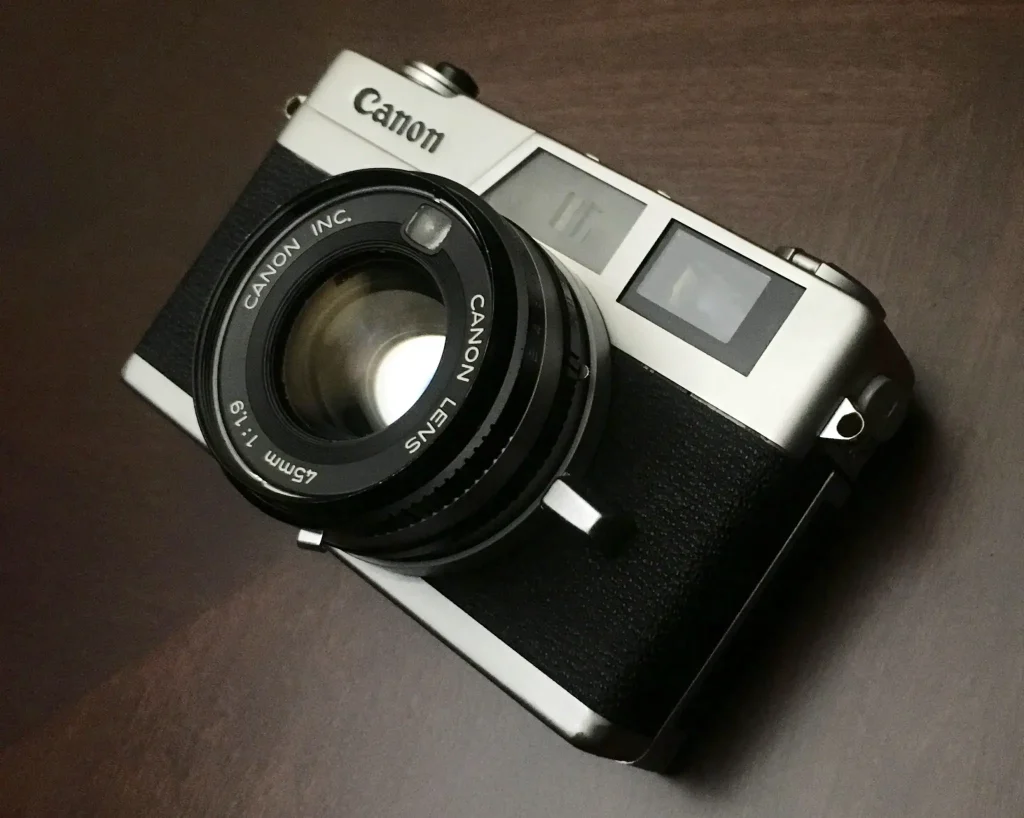
I don’t recall my original purpose for digging around the living room cabinets, though in this case the end result matters more than the motivation. My aimless search resulted in a peculiar find: my grandfather’s Canon Canonet QL19, sitting snugly in a black leather case. Curiosity took over, and my photographic adventure began.
Starting Slow
Being born into and growing up in a digital age has its pros and cons. On the con side: the ease of use found in digital cameras left me with no idea how to operate the Canonet. What are all these numbers? Where do I put the film in? Why are there two images in the finder?
The “easy mode” auto exposure program of my dad’s DSLR required no knowledge of aperture, shutter speed, or ISO. Presented with a mostly manual camera (ignoring shutter priority; I didn’t have batteries yet), I had no idea how to make a proper exposure.
That brings us to the pro side: I might not have known anything about exposure, but I could learn through the internet. And learn I did. From the miracle that is Search History I know that my first searches included “what is aperture?” and “what is film speed?”. Within an evening of reading I had learned the basics of exposure and had an understanding of reciprocity.
Reviews and how-to’s taught me how to handle the Canonet — I finally knew how to open the camera back! By the end of that first night, I had set my mind to finding film to put through the camera. But with that determination came a question: why do I want to pursue this so badly? It would have been far easier to just pick up a DSLR and take photos. At the time, I didn’t have an answer. I simply followed my curiosity.
Baby Steps
And that curiosity kept me busy. First on my to-do list was to find film. Having recently gotten my driver’s license, I spent the next week stopping by corner stores and Wal-Marts on the way home searching for film. To my delight, I was able to obtain a pack of Fujifilm Superia Xtra 400. However, before I used the Superia a classmate gave me the idea of taking the Canonet to our school’s photography teacher. Along with the internet, I had found another instructor.
Unfortunately, the school only had chemicals for black and white film, not color. Thus, the Superia would go unused for some time. In its place, a roll of Ilford HP5 generously given to me as a starter, along with an agreement to teach me how to develop it. I was practically bouncing with excitement. Eagerly I loaded the film and thought of ideas for photos. I spent the rest of the school day with my mind on my camera, and moments after the final bell had rung, I made my first photograph looking out the window towards Milwaukee.
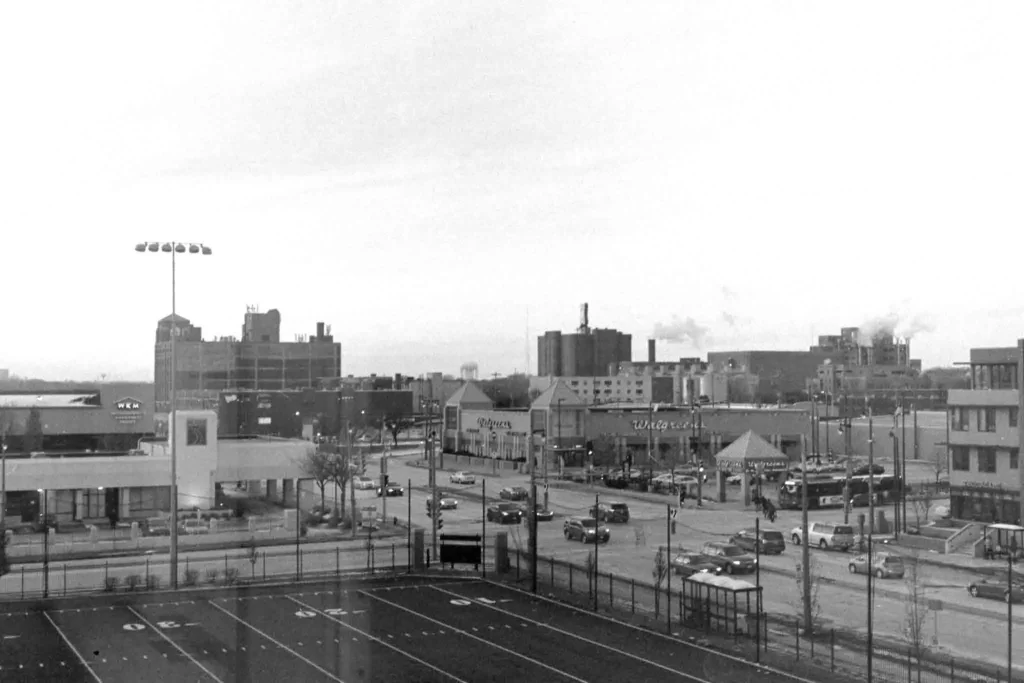
From a Walk to a Run
By summer 2017, I had fully invested myself in film photography. My best friend was a Nikon FE, and his favorite food was HP5. I had a budding relationship with my local camera store, from where I bought the FE, an Olympus Trip 35, and my supply of film. My bathroom became a darkroom, always smelling of stop bath and developer and overcrowded with an enlarger and chemical trays.
My friends were well aware of my passion for photography, and I became the photographer for any and all events. I had my camera with me all the time, from our trips to the beach or adventures in downtown Milwaukee. I found myself taking photos of friends more often, a job which my FE was suited for. Paired with a 50mm lens, the FE is the perfect tool for documenting our adventures.
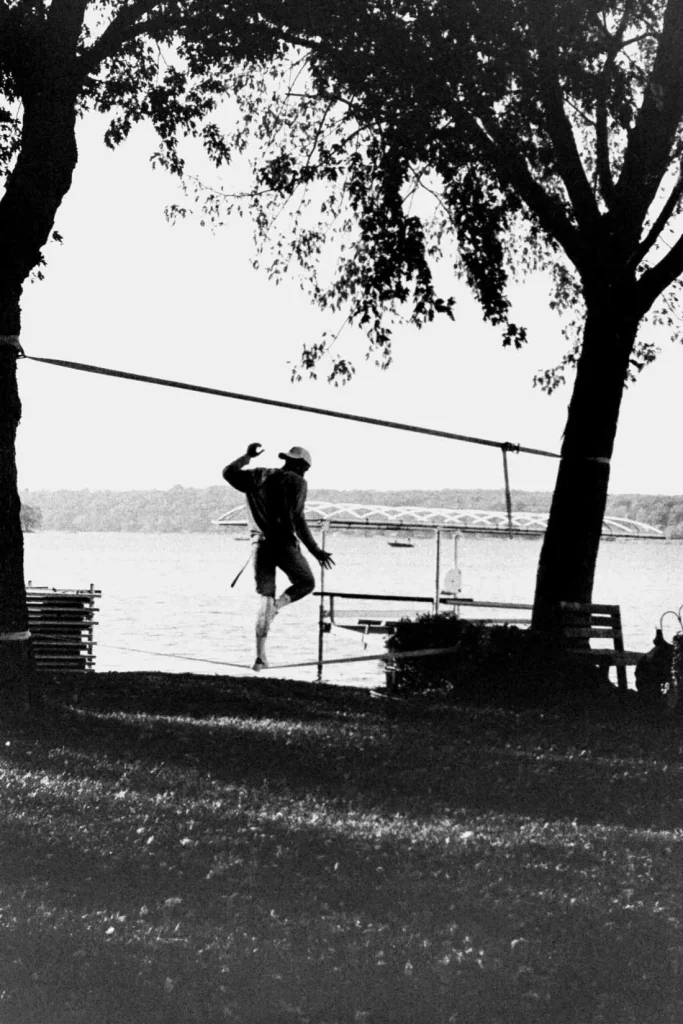
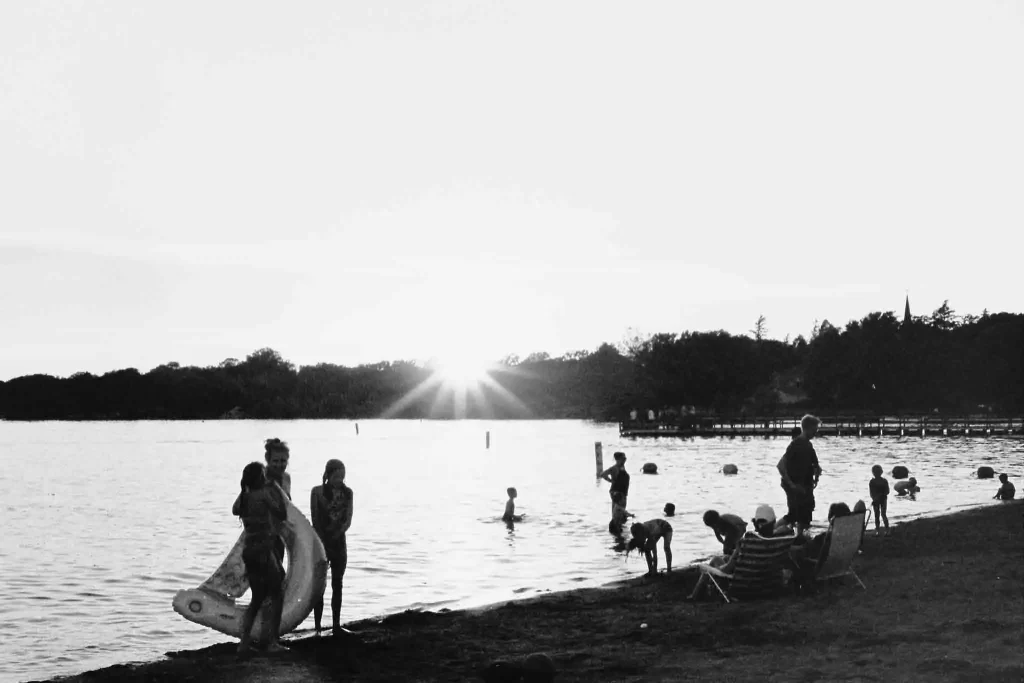
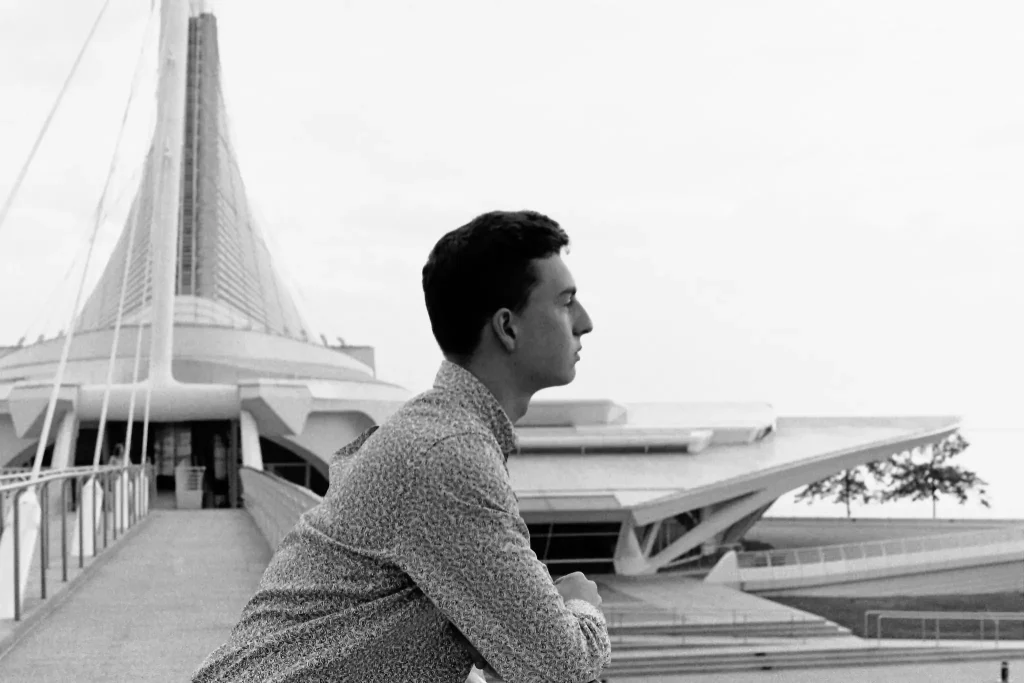
My Canonet, the camera that started it all, still has its purpose on the streets with its wider field of view. Nothing can beat its portability and stealthy leaf shutter. It’s my first choice on day trips to Milwaukee, Chicago, and Madison.
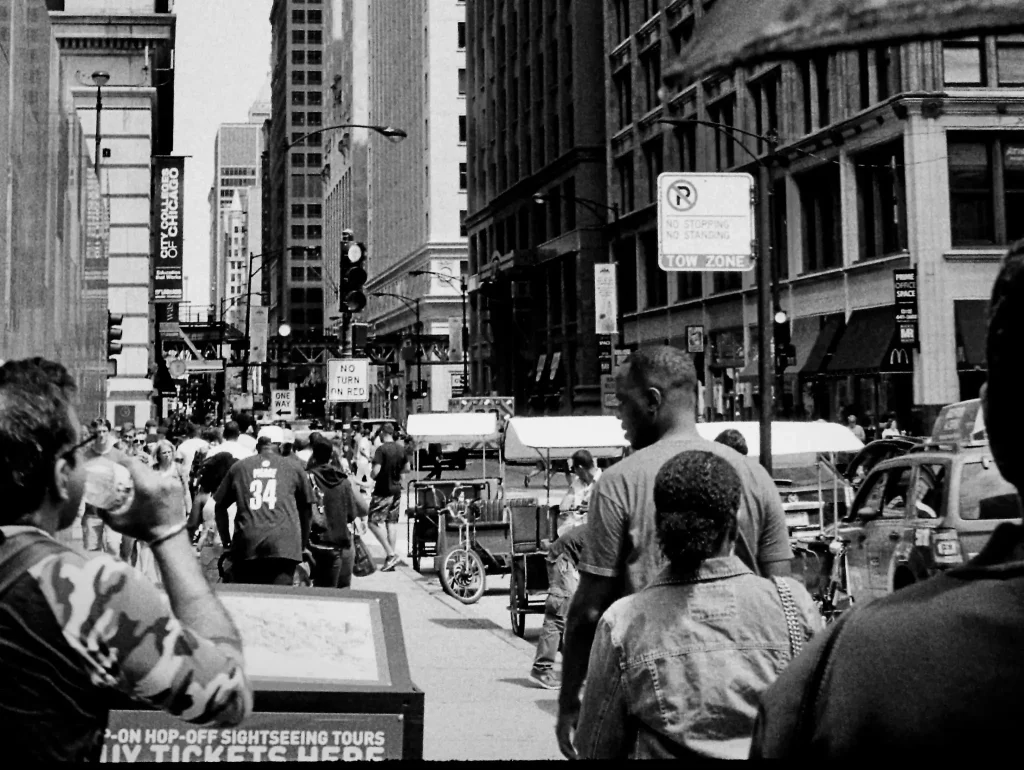
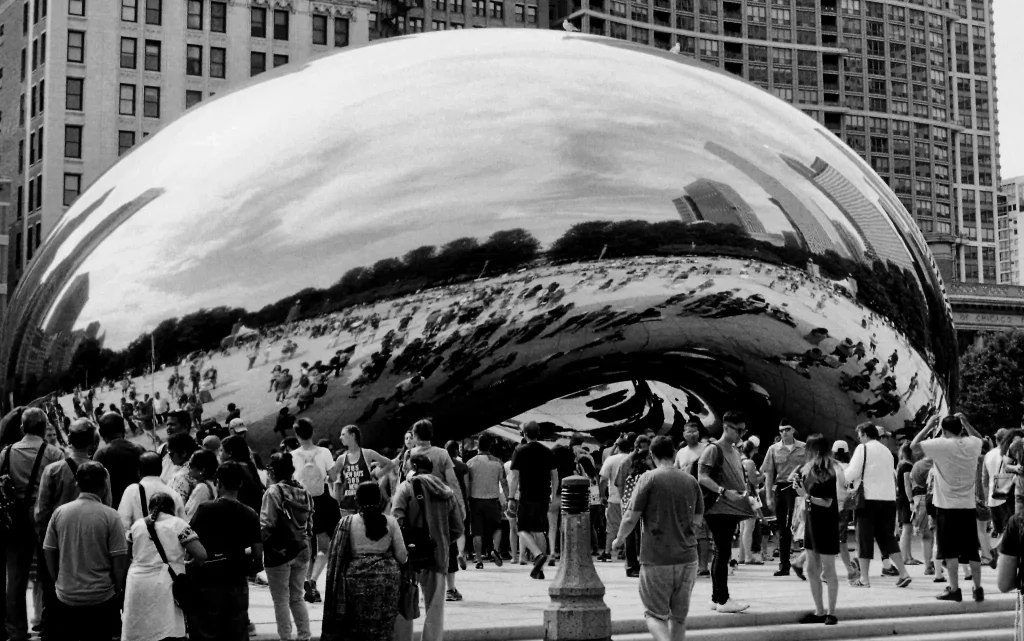
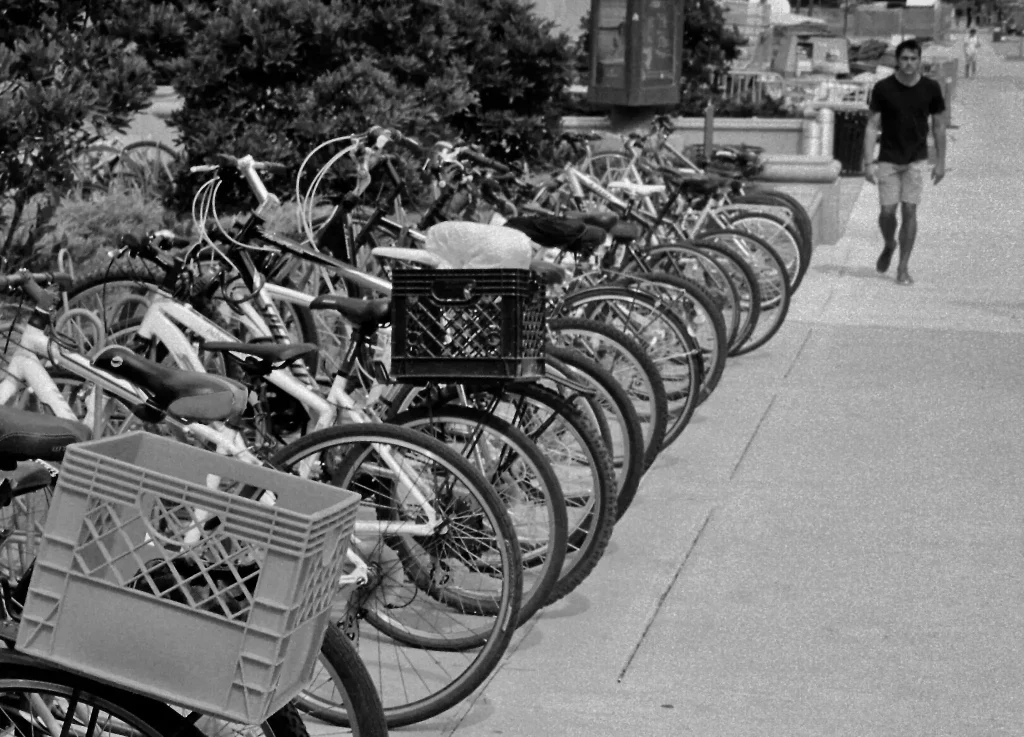
Sparking Interest
I’m not much of a trend setter, but my passion for film photography seems to have rubbed off on my friends and family. Slowly I’ve disproved their misconceptions about film photography no, film is not dead. No, not all film photos are blurry and grainy beyond comprehension), and slowly they’ve taken interest. Many curious hands had used the old Canonet, along with an Olympus Stylus point and shoot and Trip 35. I’ll even let trusted friends take a photo with the FE occasionally (I’m almost always the subject oddly enough). Part of the appeal to them I think is the beauty of the cameras themselves. They’re works of art, solidly built and able stand the test of time. It’s a different concept than we’re used to, surrounded by technology that gets outdated every few years. These cameras may be outdated, but they have character. I guess teens my age find it refreshing to hold something with a little history.
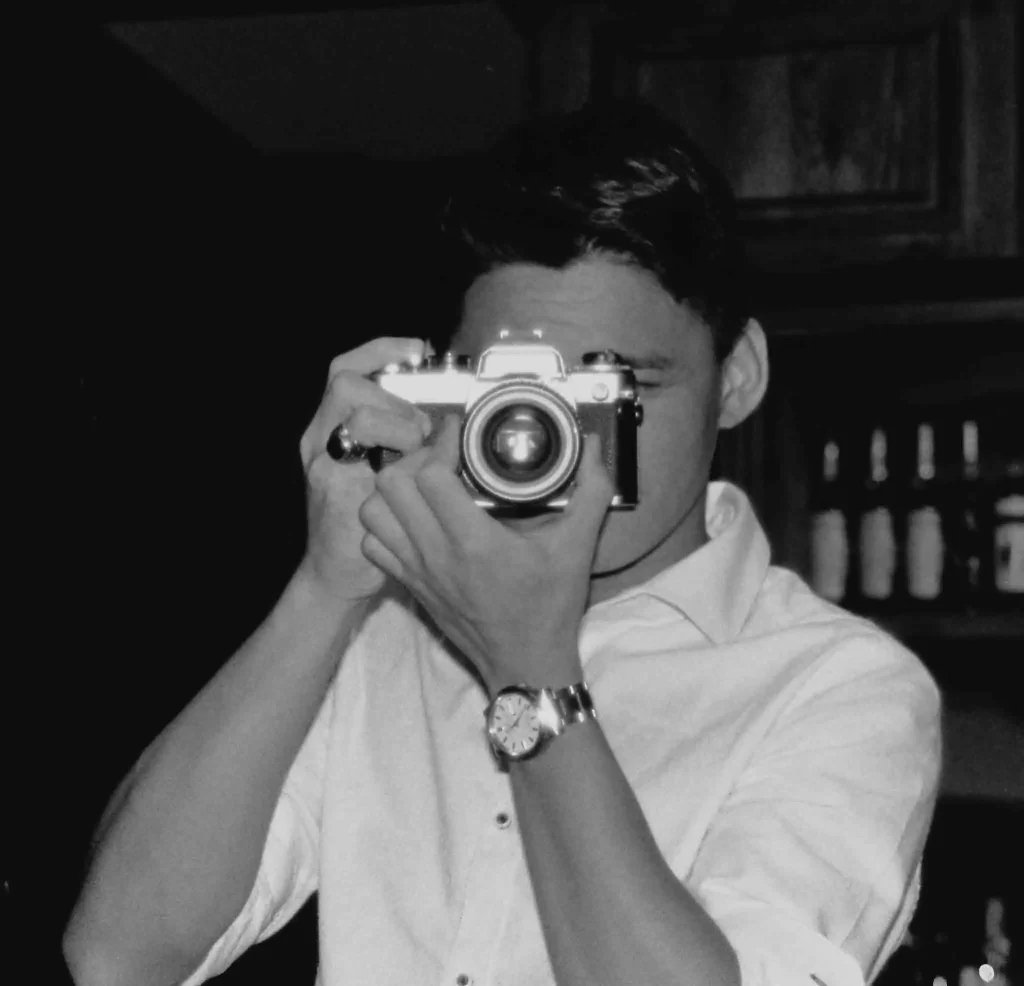
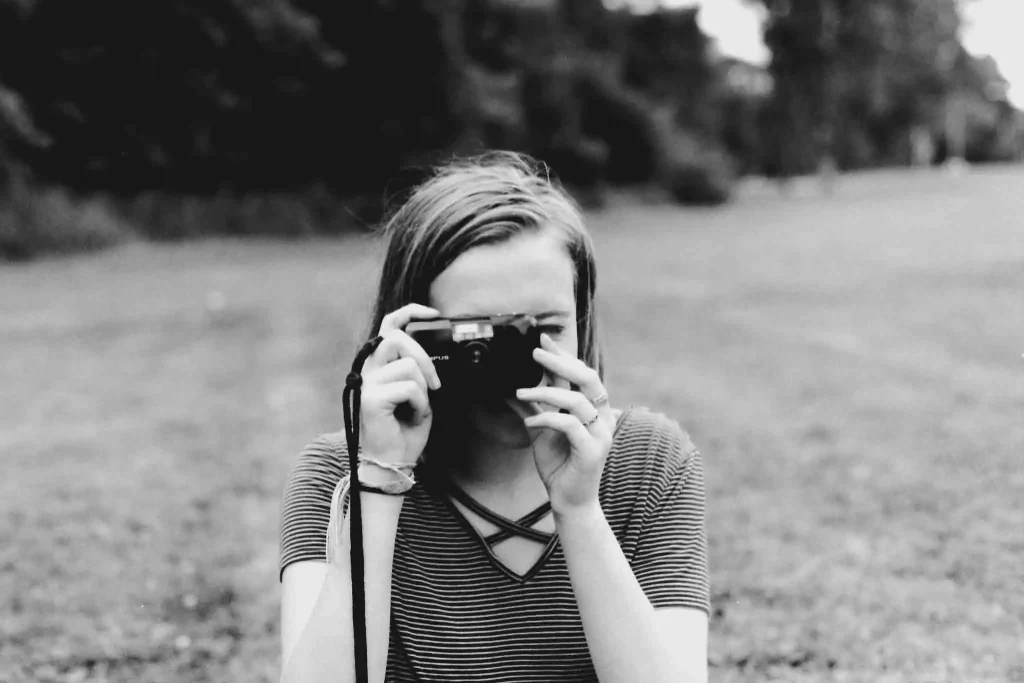
Finding Answers
Finally, a year and 8 days since I first stumbled upon the Canonet, I have an answer to my original question: why do I want to pursue this so badly? I’ve been questioned by my parents about the economic side of film photography, by my friends about its appeal. Always I stumbled for a logical answer. And that was my problem; I was looking for a logical answer.
After much thought, I’ve decided that my pursuit of film photography isn’t justified by arguments of economic feasibility or image quality, but rather the enjoyment I get out of it. Nailing exposures is so much more gratifying when a 36 shot roll leaves room for no mistakes. Not only that, but I calculate the exposure myself, I don’t need to rely on programmed settings. With film, making photographs is a physical process that I control with my own hands through the manipulation of chemicals. While I haven’t tried, I’m willing to bet sending a file from the family DSLR to our computer for printing wouldn’t be nearly as satisfying. Controlling light and shadows in a darkroom print makes each photograph unique. Nothing gives me more joy than to see the happiness brought to friends and family when I give them handmade prints. They know it’s not just a photo — it’s a moment captured through hours of caring work.
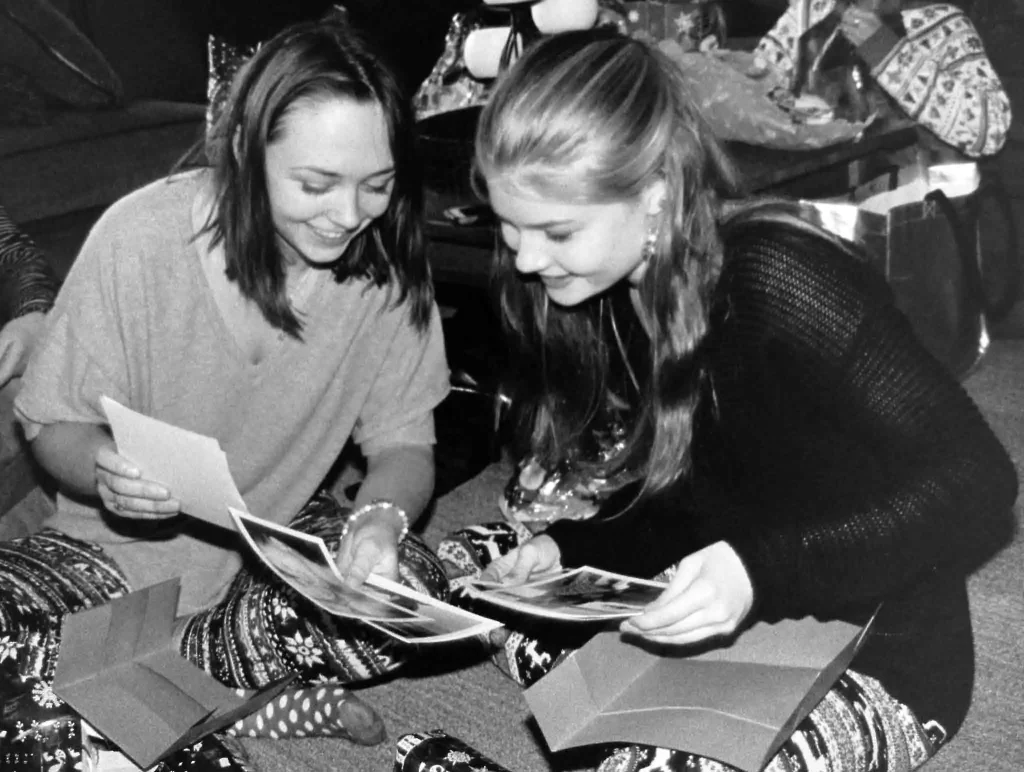
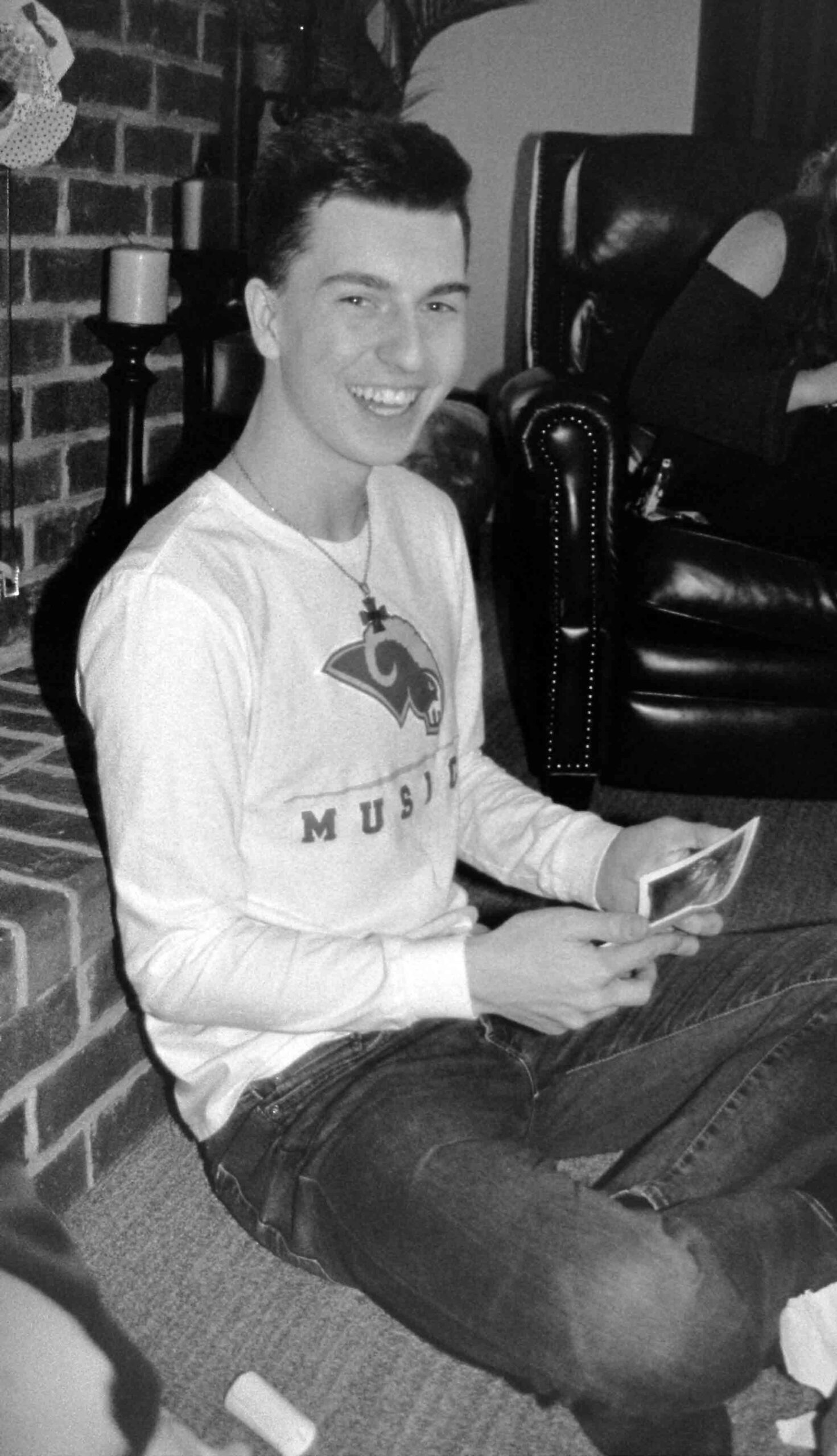
Going Forward
These moments are what drive me to continue pursuing film photography. And the best part is, I’m not alone. Teens my age are picking up film cameras, following the same curiosity that pushed me. The dwindling selection of used film cameras at my local camera store is proof of this. Maybe they’re introducing film to their peers, just as I am. So, like me, others born in the digital age are discovering film photography and the gratification it brings. I wouldn’t be surprised if I’m not the only one documenting a day on the beach next summer, and that’s a good thing.
Share this post:

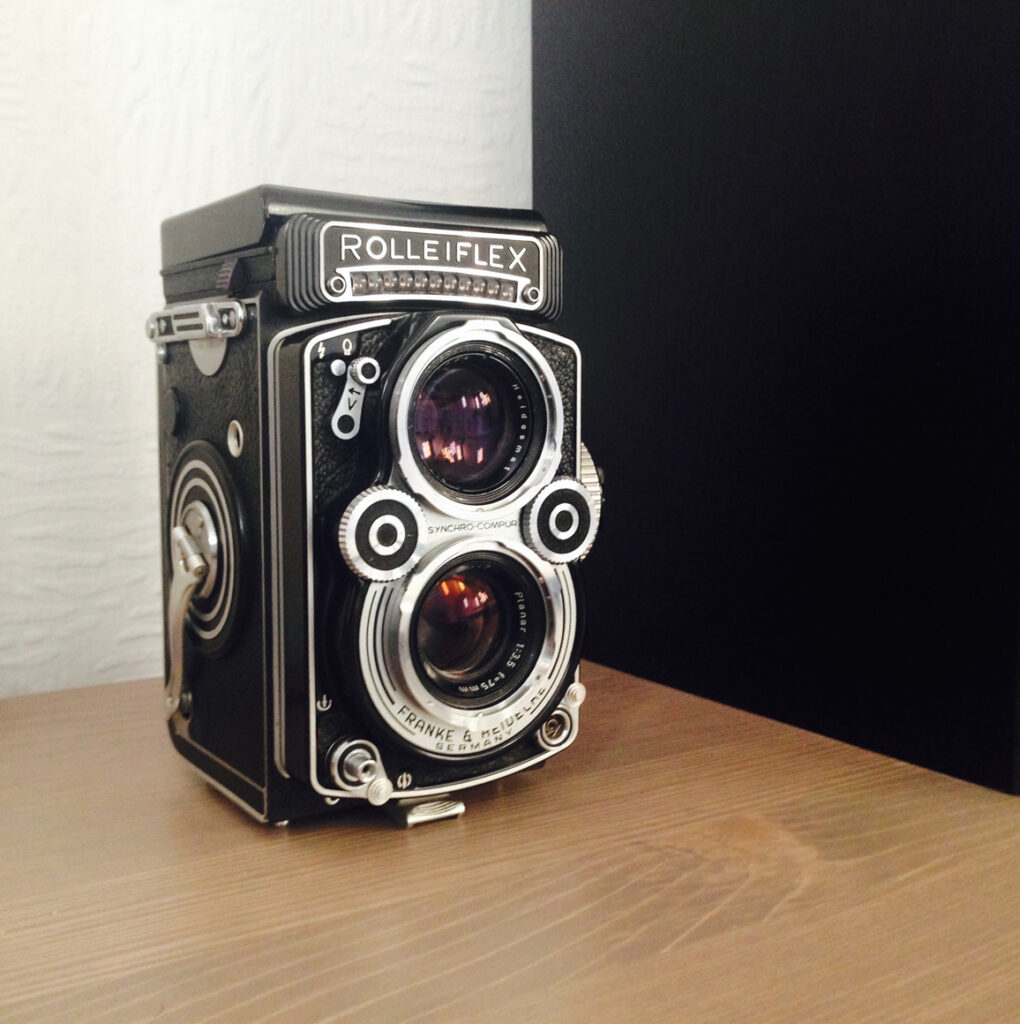
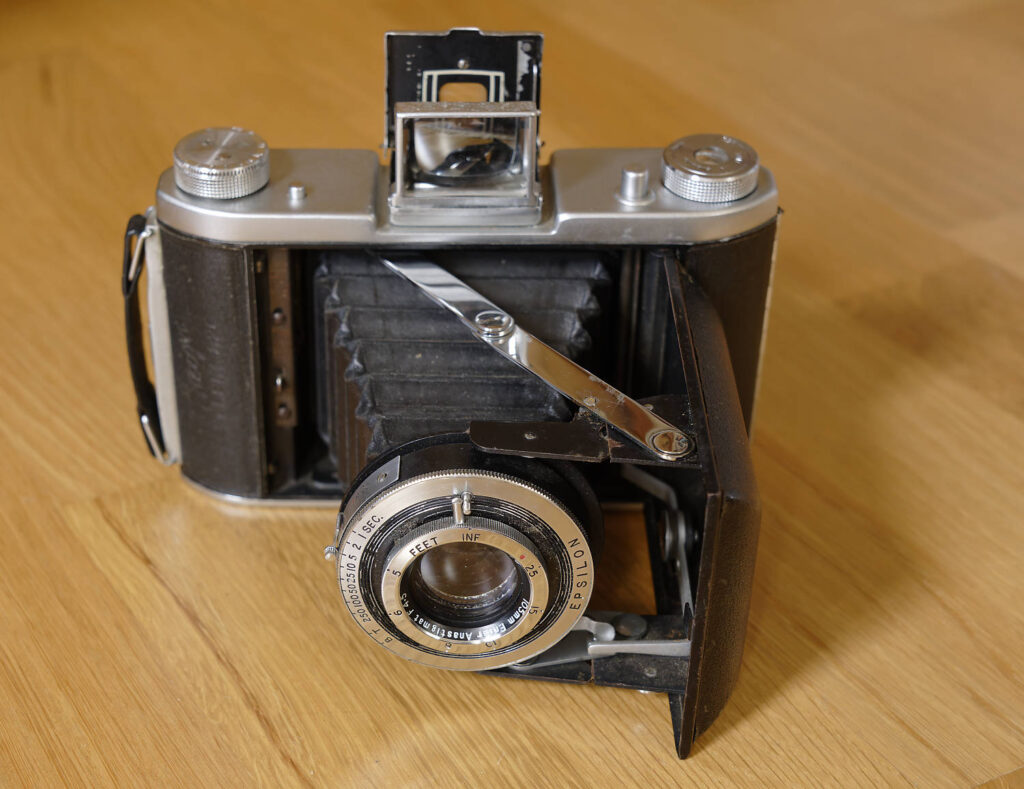
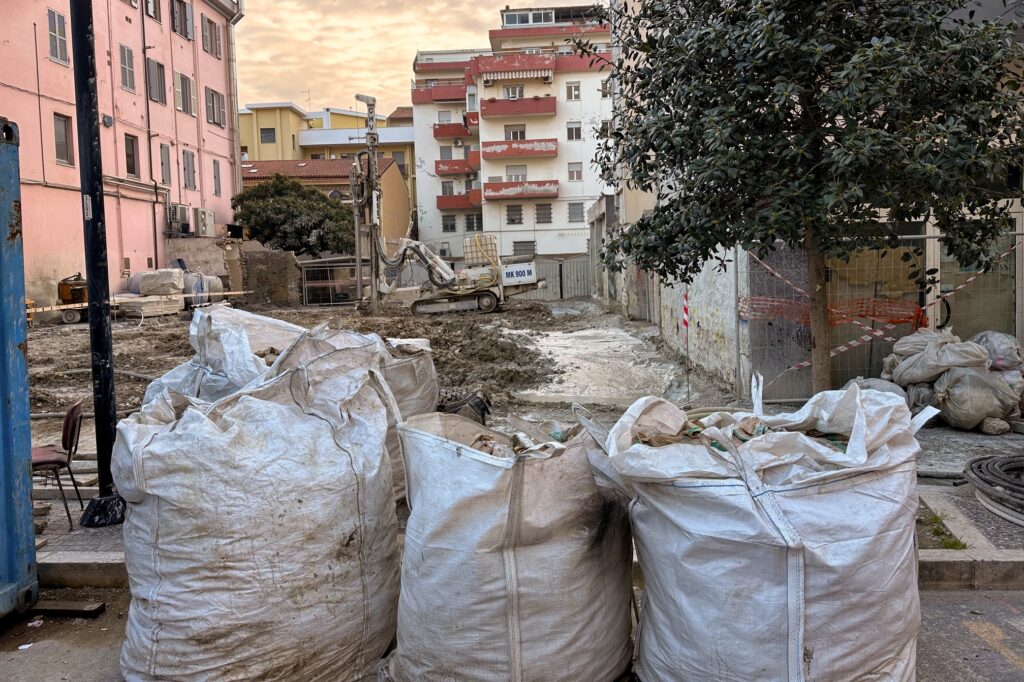
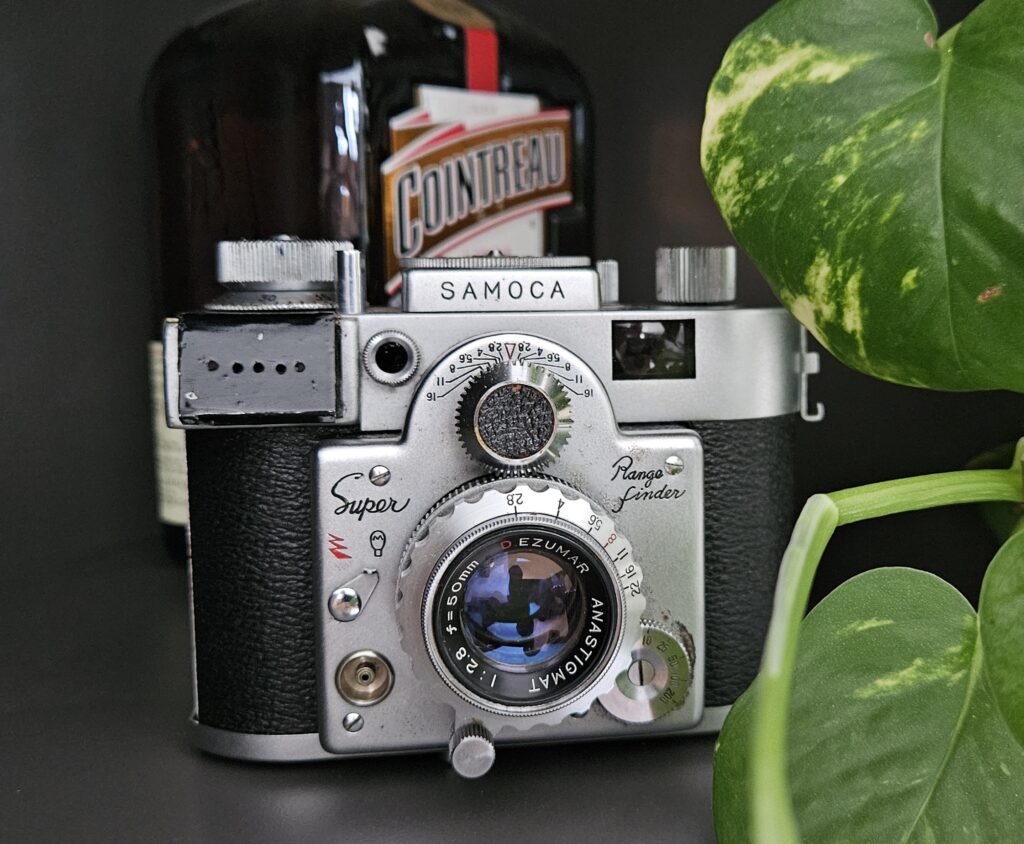




Comments
Terry B on Discovering Film Photography in the Digital Age – by Joe Y
Comment posted: 27/01/2018
I would take you up on your statement: "I’ve decided that my pursuit of film photography isn’t justified by arguments of economic feasibility or image quality, but rather the enjoyment I get out of it. " I'd agree 2 out of 3, but I'd like to suggest that if you don't take image quality that seriously you won't advance too far. Anyone can produce crappy images, but as you do your own D&P you should always be aiming for the best you can do. You already possess the tools to achieve this so don't, or you shouldn't, compromise on quality.
Never lose an ability to be self critical, but always carry on enjoying your hobby. :D)
Comment posted: 27/01/2018
jeremy north on Discovering Film Photography in the Digital Age – by Joe Y
Comment posted: 27/01/2018
Keep it up, you are a breath of fresh air.
Comment posted: 27/01/2018
Karl Valentin on Discovering Film Photography in the Digital Age – by Joe Y
Comment posted: 15/03/2018
It is not the result like image we can "keep"
it is the way we make it with a "tool" that does not
show us the picture immediatly.
Analoge cameras force us to "immagine" before
and keep us in the dark till we see the print.
And for me this makes the big difference.......